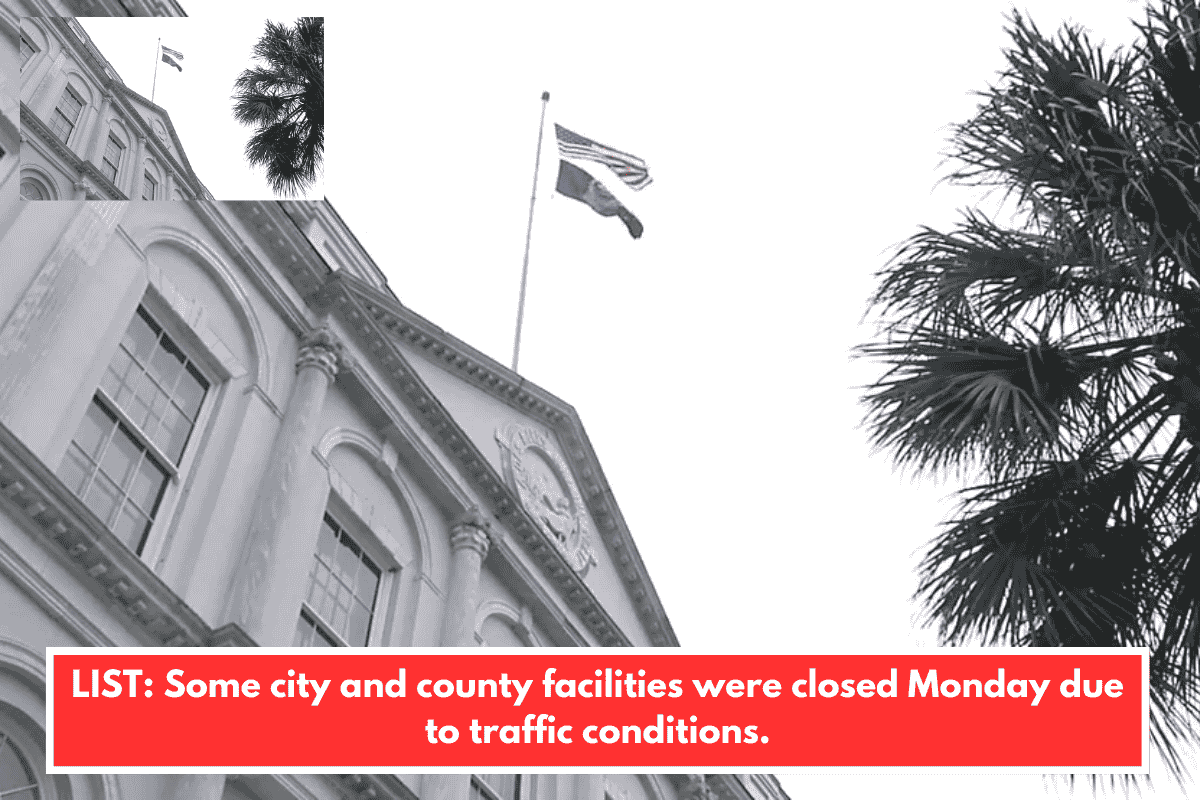Imagine someone living on your land or property without your permission—and then legally claiming ownership after a few years. As alarming as that sounds, it’s possible in the U.S. due to laws known as squatter’s rights, or more formally, adverse possession laws. And in some states, including Arkansas, the rules make it surprisingly easy.
What Are Squatter’s Rights?
Squatter’s rights, also known as adverse possession, allow someone to legally claim ownership of property they don’t legally own, after residing on it for a specific number of years. This can include homes, land, or even commercial property.
All 50 states recognize some version of these laws, but the requirements and residency time vary widely.
To successfully make an adverse possession claim, most states require the occupation to be:
- Open and notorious (not hidden)
- Exclusive (the squatter is the only one using it)
- Hostile (without the owner’s permission)
- Continuous for a set number of years
- Sometimes with property tax payments
States Where Squatters Can Claim Property Fast
Here are the 14 states with the shortest Required Time of Occupancy (RTOO) for squatters to potentially claim legal ownership:
1. Alaska
- With color of title: 7 years
- Without: 10 years
- Color of title means the squatter has a document that appears to give ownership but is legally defective.
2. Arizona
- With property tax payment: 3 years
- Without taxes: 10 years
3. Arkansas
- With tax payments: 7 years
- Land must be unenclosed and unimproved before the squatter occupies it.
4. California
- Time required: 5 years
- Must pay property taxes for the entire period.
5. Colorado
- Standard: 18 years
- With color of title: 7 years
6. Georgia
- With color of title: 7 years
- Without: 20 years
7. Illinois
- With tax payment: 7 years
- Typical requirement: 20 years without taxes
8. Kentucky
- With color of title: 7 years
- Without: 15 years
9. Montana
- With property tax payment: 5 years
10. Tennessee
- With color of title: 7 years
- Without: 20 years
11. Texas
- With color of title: 3 years
- With improvements to land: 5 years
12. Utah
- Standard RTOO: 7 years
- Squatters must improve the property, like planting or fencing.
13. Wisconsin
- With tax payment: 7 years
- Without: 20 years
14. Washington (honorable mention)
- Though not as lenient as the others above, Washington has relatively low barriers with 10 years of occupancy required under most conditions.
Why Should Property Owners Care?
If you own vacant land or a property that’s rarely used, you may be at risk. In some states, just a few years of non-intervention could give squatters a legal foothold.
- Unimproved land and abandoned homes are most vulnerable.
- Some squatters pay property taxes or make improvements, giving them a stronger claim.
- It’s important to inspect your property regularly and post clear “No Trespassing” signs to guard against adverse possession.
Squatter’s rights may sound strange, but they’re very real—and in some states like Arkansas, California, and Texas, squatters can stake a legal claim in less than a decade. Whether you’re a homeowner, investor, or landowner, it’s crucial to know your state’s laws and take steps to protect your property.
Keep in mind, the process of adverse possession involves court rulings—squatters must prove they meet every requirement, and property owners can contest it. But prevention is key: fencing, signage, inspections, and paying taxes are your best defenses.














